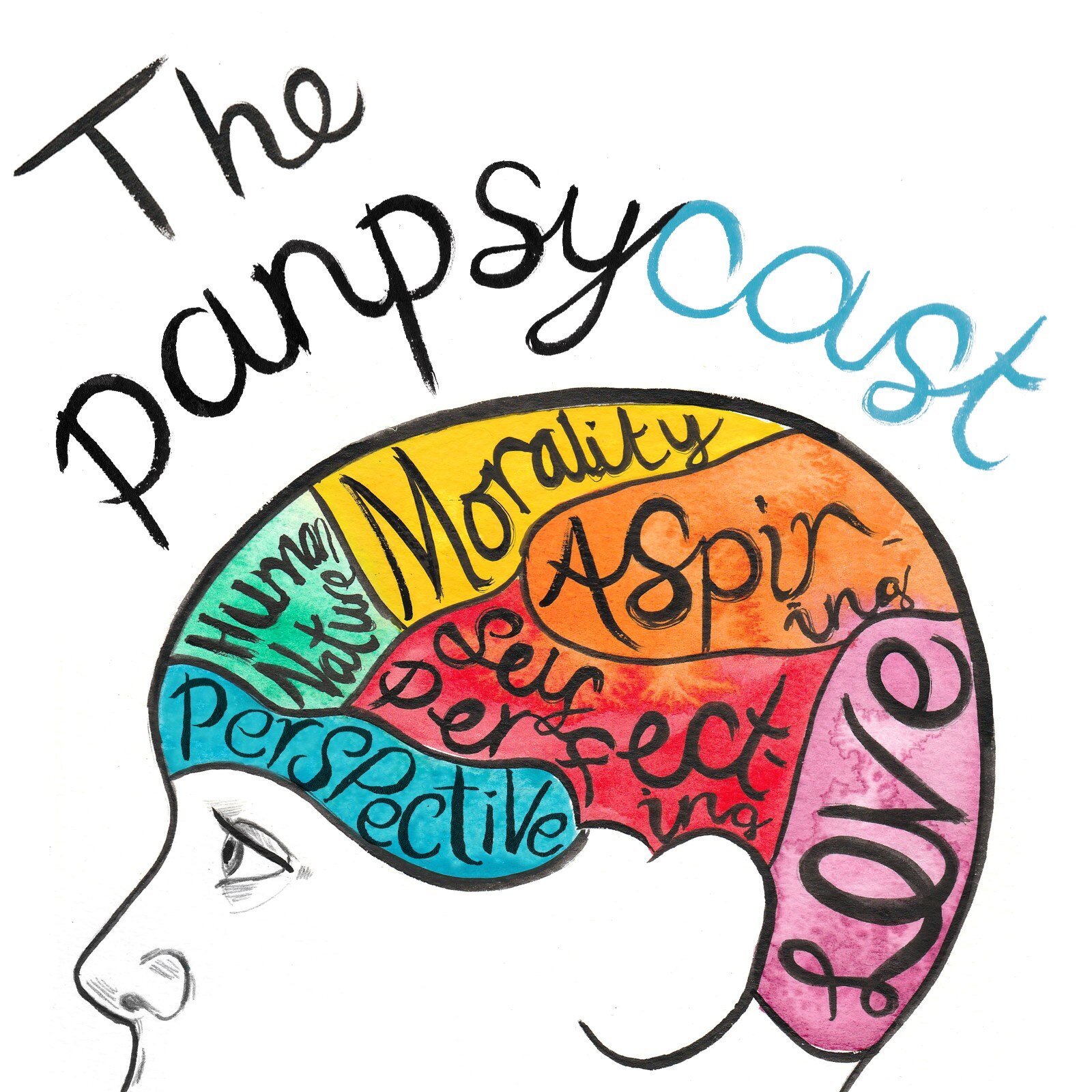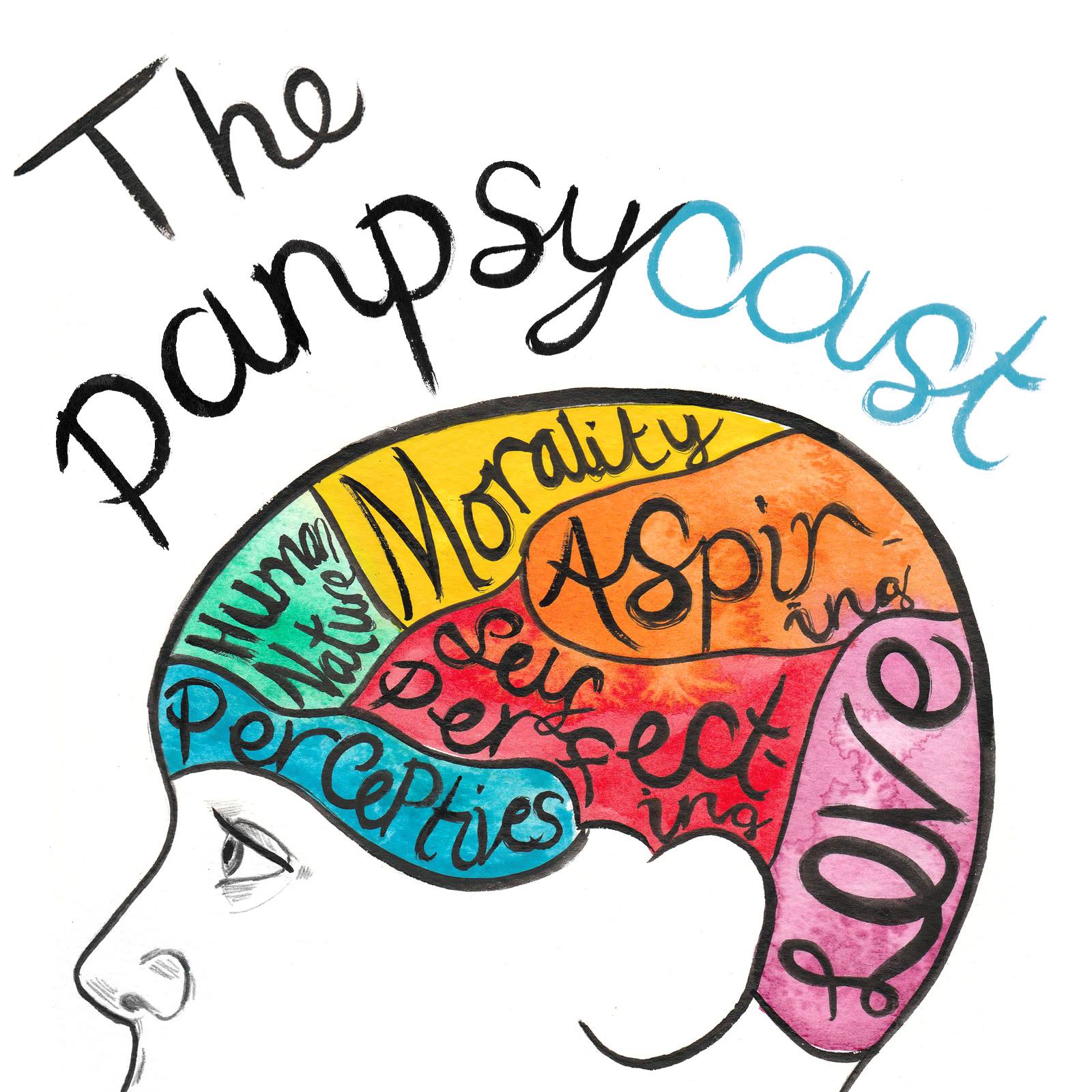Welcome to ‘Episode 111 (Part II of IV)’, where we’ll be discussing the trial of Adolf Eichmann.
On April 11, 1961, a Monster was put on trial in the state of Israel and broadcasted to the world. The Monster, who was housed in a glass box, was accused of crimes against humanity and the Jewish people – of knowingly sending hundreds of thousands of people to their deaths. When the trial commenced, and the Monster was asked how he pleaded, he answered, ‘Not guilty, in the sense of the indictment.’
As the trial proceeded, the Monster portrayed himself as a cog in a machine. He was a cog who was helpless to stop the inevitable – a cog that was merely performing its duty. To some who observed the trial, the ‘Monster’ who sat before them appeared all too human. Behind the glass, there was no demonic essence of evil. The Monster was, in fact, an average person: a normal person who was capable of committing terrifyingly evil acts.
One observer went as far as to say that the manner in which the accused spoke, and the way he framed his story, was evidence that he simply lacked the ability to think. To this observer, it was no radical evildoer who sat in the glass box. In fact, his professed motives, and his inability to avoid cliches, were evidence of his banality.
The file size is large, please be patient whilst the podcast buffers/downloads/thinksMusic produced by Ovidiu Balaban – all rights reserved.
Contents
Part I. The Life of Hannah Arendt
Part II. Eichmann in Jerusalem
Part III. The Essence of Evil
Part IV. Further Analysis and Discussion
Links
Hannah Arendt, Eichmann in Jerusalem (Book)
Hannah Arendt, The Origins of Totalitarianism (Book)
Richard J. Bernstein, Why Read Hannah Arendt Now? (Book)
Peter Hayes, Why? Explaining the Holocaust (Book)
Anne Heller, Hannah Arendt: A Life in Dark Times (Book)
Samantha Rose Hill, Hannah Arendt (Book)
Deborah E. Lipstadt, The Eichmann Trial (Book)
Dana Vila, Arendt (Book)
Eichmann Trial (YouTube)


